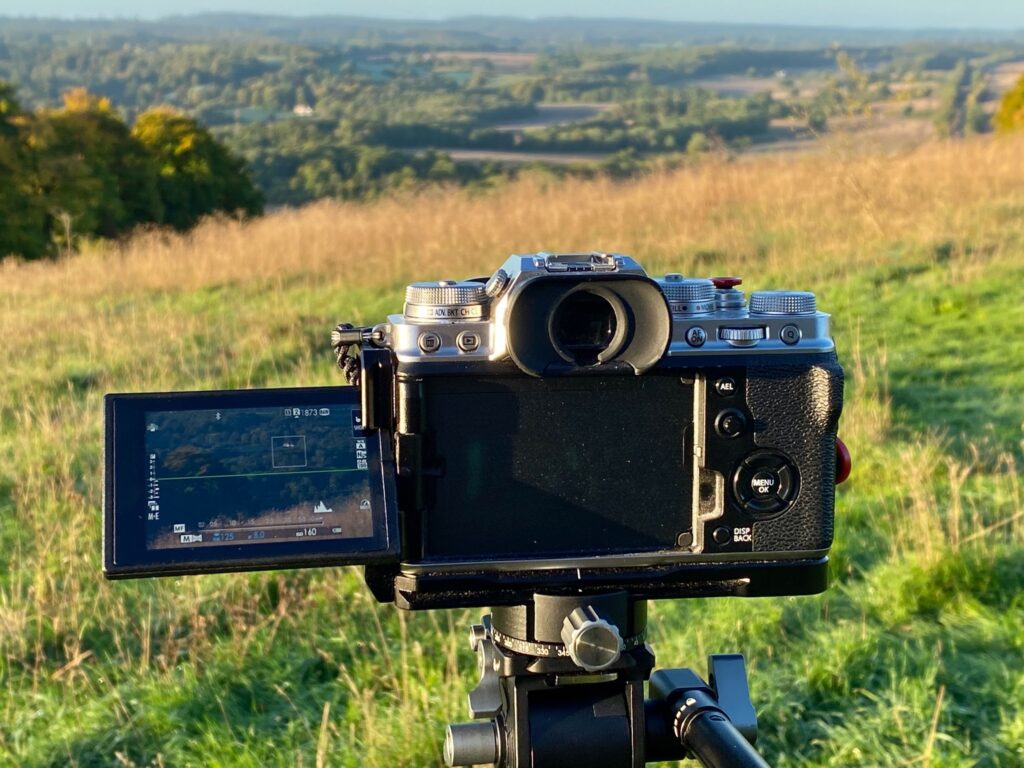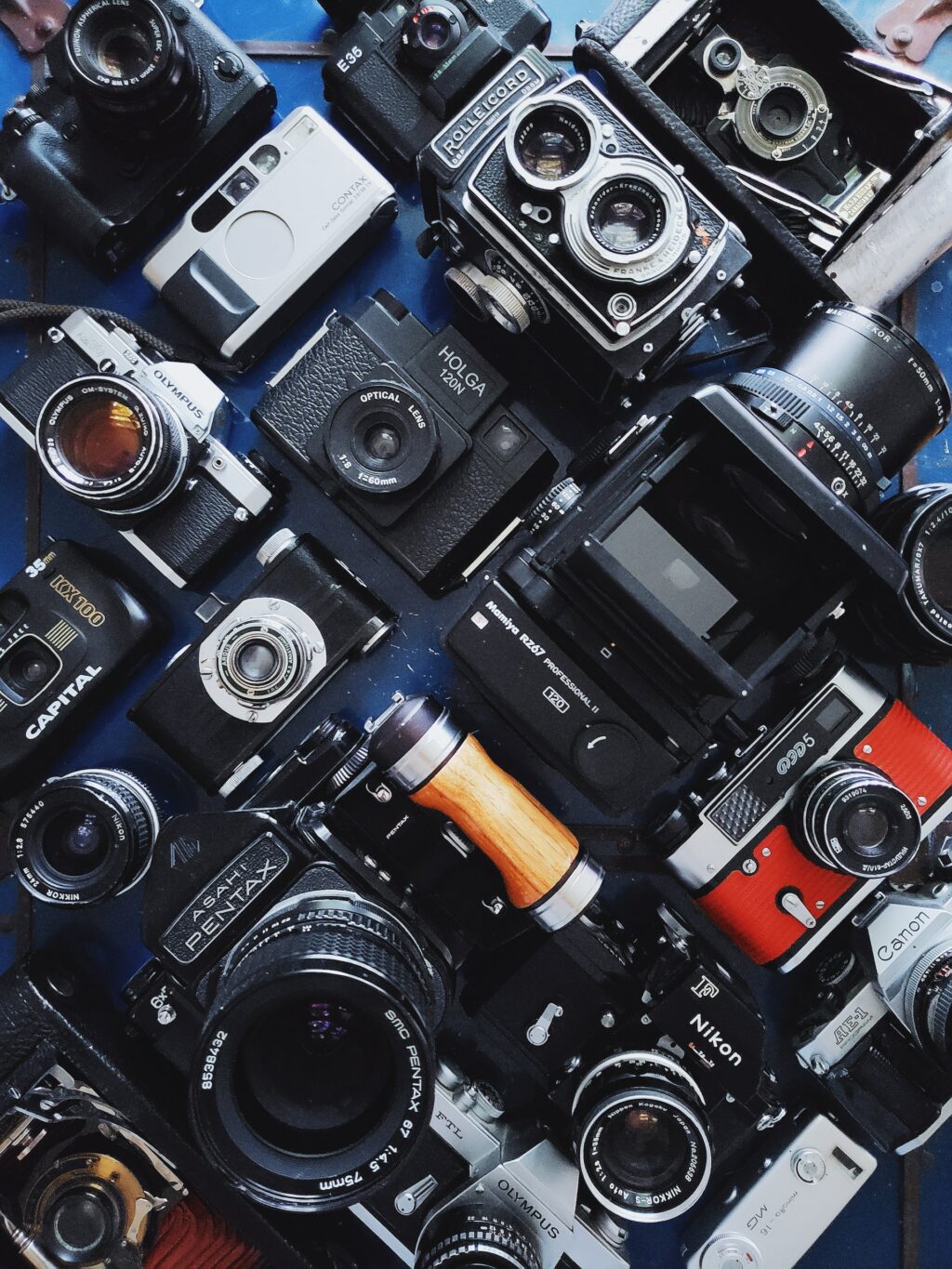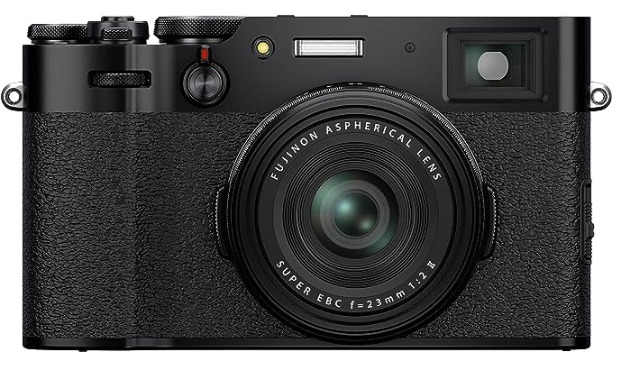As our photographic journey progresses, we find ourselves accumulating all sorts of camera gear. Some of it we will use constantly, and others might find their way to the back of a dusty shelf in a spare room. Naturally, as we gain experience as a photographer, we might change systems, buy faster lenses, or even move up a sensor size.
What to do with all that accumulated gear that’s gathering dust? You could keep it in the hope that someday you might need it. Or you can sell it, and regain some of its value to put towards newer more suitable gear.
Today we are going to look at some of the best ways to sell your camera gear.
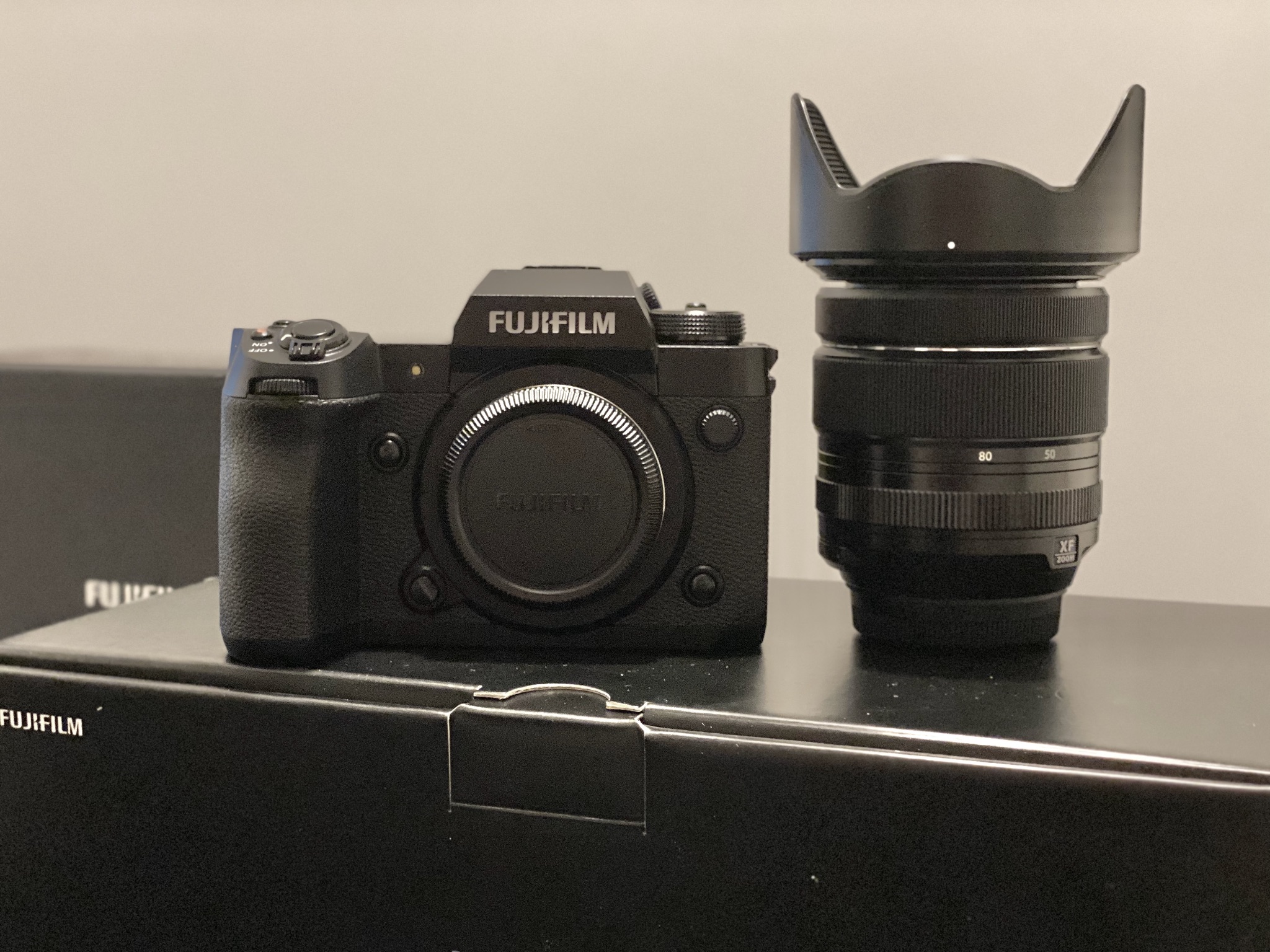
At a Glance…
| Selling Method | Potential Return | Convenience | Risk Level | Fees | Notes |
|---|---|---|---|---|---|
| Trading In | Medium | High | Low | None | Best for upgrading; prices may be lower. |
| Direct to Camera Store | Medium | High | Low | None | Safe and easy; might offer less value. |
| Online Used Camera Sites | High | Medium | Medium | Varies | Higher valuations; involves shipping. |
| eBay | High | Medium | High | Seller fees | Wide audience; beware of scams. |
| Facebook Marketplace | Medium-High | High | Medium-High | None | Good for local sales; scam risk. |
Trading In
If you are in the market for some new gear, then one of the very best options is a trade in. This ties in nicely with my recent article on cherishing your local camera store, as it is they, that will give you the best options when it comes to trading in.
Not only will you be able to try out the new gear in person, but the store will be able to look at your old gear and give you a genuine evaluation and price.
You need to be aware that that price will probably be 10-30% lower than you might get selling it yourself. This is because the camera store has to make some profit from it. Newer, higher-demand used gear will get you a high price. You might find that older, more obscure gear will not be accepted as the store will struggle to find a buyer.
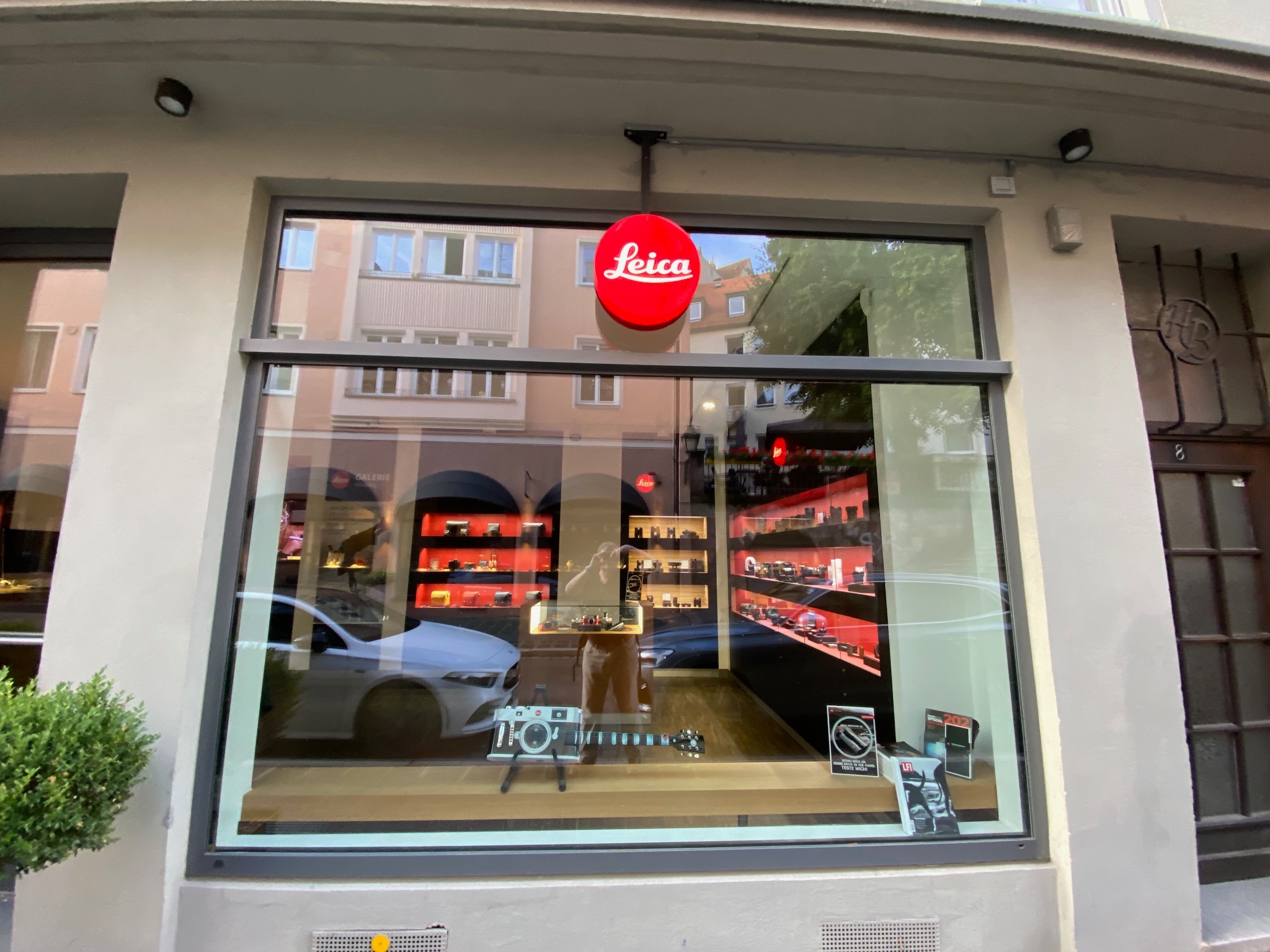
Selling Direct To A Camera Store
This is probably the easiest and safest option you will have. Like trading in, you will be dealing face-to-face with a known entity, limiting any risk in the transaction. Also like trading in, you are likely to get less than selling it yourself. You may also get less than if you were trading in, as the store is not making any profit on a new equipment sale that might mitigate the risks of failing to sell your used gear.
However, if you are not comfortable with selling directly, using your local camera store is a good, risk-free option. Some camera stores will also sell your used gear on a commission-only basis. In that scenario, they will display your gear in their shop at an agreed price and then take a commission from that price if it is sold. Of course, there are no guarantees of a sale in this situation.
Online Used Camera Sites
Recent years have seen an evolution in the options we have when it comes to selling gear. Chief amongst those are the large online used retailers. There are a couple of big companies in play now in the US, one of which has a large presence in the UK as well. I would imagine there are similar setups in other countries too.
The USP of these companies is that they will evaluate your gear online, through your own description. On their site, you will identify the make and model and then grade it according to their own grading system. After submitting you will receive an automatic valuation.
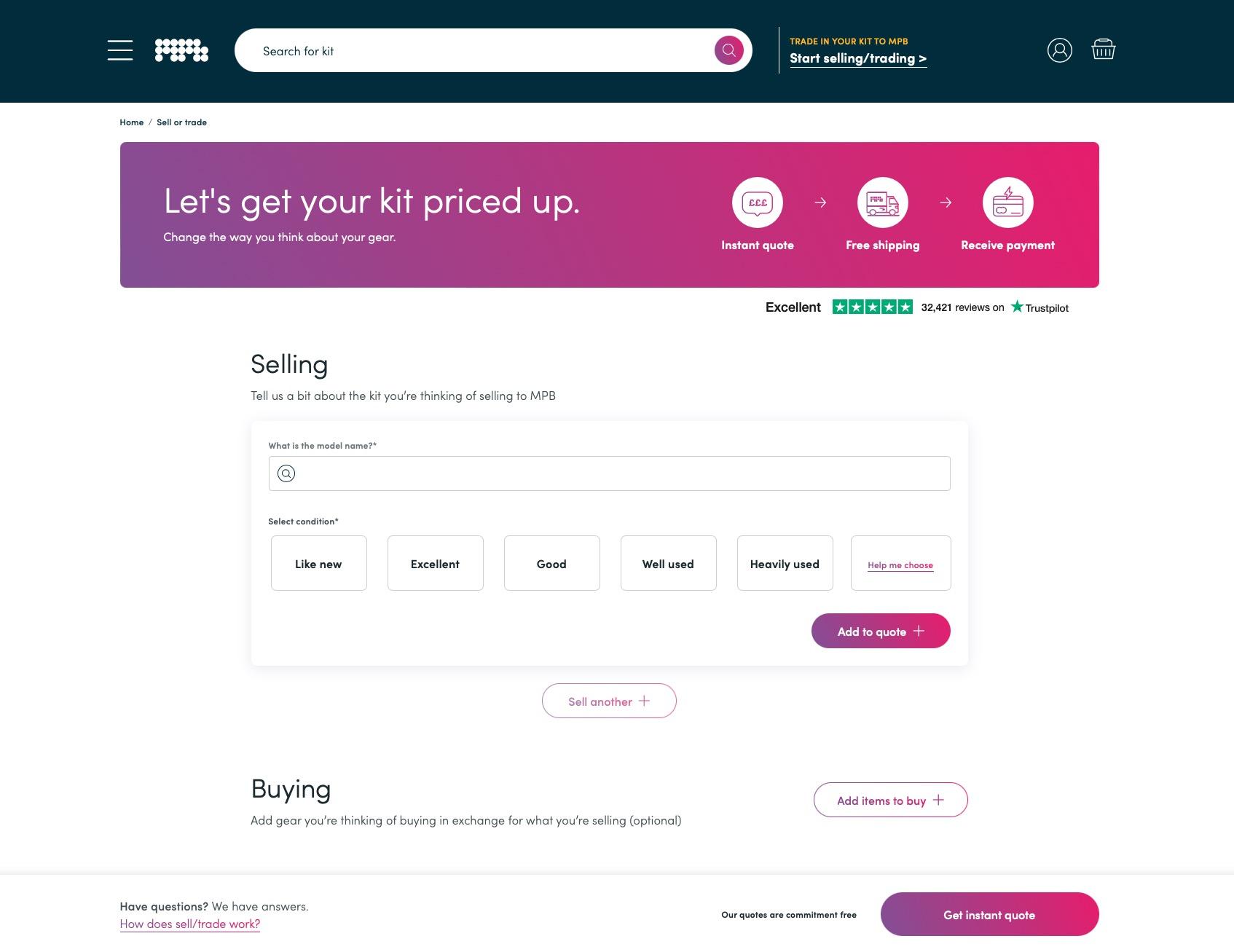
Because of the size of these online used dealers, that valuation will be based on your own grading, their own stock, and the desirability of the product. With that said, very often the valuations are higher than the bricks and mortar stores due to the sheer marketing presence these companies possess. You can also use your own gear to offset the price of buying something from the site.
They have simplified the selling process to make it very easy to offload your surplus gear. Once you have agreed to their valuation they will arrange for a courier to collect it from your door. Once received they will check and confirm your grading and a couple of days later payment will be made directly to your account. In some cases, they will lower or raise the valuation depending on their appraisal of the goods. They will give you the option to back out from the transaction if you don’t agree. I have used the UK company both to sell and buy equipment and have been satisfied with both.
“The less gear you use, the more you grow as a photographer” – Marius Vieth
Selling on eBay
Yes, it is still around and yes it still comes with risks. That said, eBay is still one of the best places to sell your used camera gear for the best price. It is well known that eBay has scammers, however these are often easy to spot and block.
Honesty is the key to selling on eBay. Be very honest about the product you are selling. Point out any defects be they cosmetic, electronic, or mechanical. Take plenty of good-quality photos of the gear, highlighting the cosmetic issues. Write a comprehensive and honest description and be open to answering any questions from potential buyers.
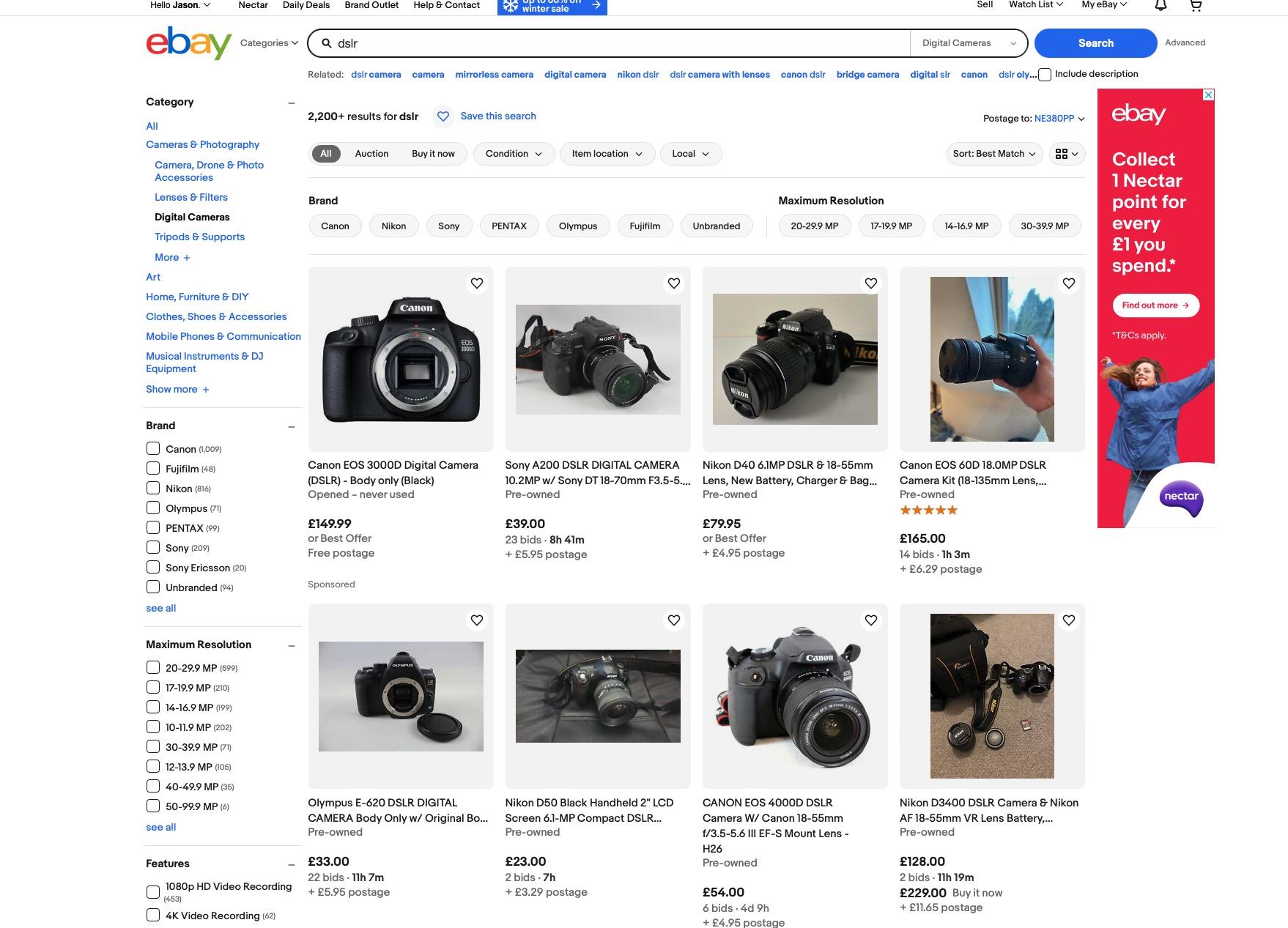
To reduce risk, I only ever sell in my own country and do not accept lowball offers or even strangely high offers. I monitor who is bidding and look at their reputation. Sadly eBay removed the option for negative ratings but you can still see potential issues in the rating comments.
Personally, the only issue I have had in recent years is a buyer ghosting me. This is where they win your auction then refuse any contact with you and do not pay. Fortunately, eBay has systems to deal with these types of users and will refund your seller's fees. Talking of which…
EBay seller fees have increased quite significantly over the years, to the point where these days it can be a toss-up between choosing an online used dealer and eBay in order to get the best price for your gear.
Facebook Marketplace
Facebook Marketplace is another place to be very wary of scammers. As soon as you list an item you will get seemingly innocent messages from potential buyers. Often these are from fake accounts that will try to persuade you to take payment from dubious sources or to send the item to an overseas location. Personally, I would not use Marketplace for an online transaction.
Where Marketplace is useful is in local, face-to-face sales. Many areas will have their own buy/sell/trade photographic gear groups and you can post your Marketplace listing to them. You can then choose to meet up with a potential local buyer and do the transaction face-to-face. The biggest advantage of Marketplace is that there are no fees. Whilst you might get a slightly lower price than you hoped, you will not have to pay Ebay’s fees or take a lower offer from an online dealer or real-world store.
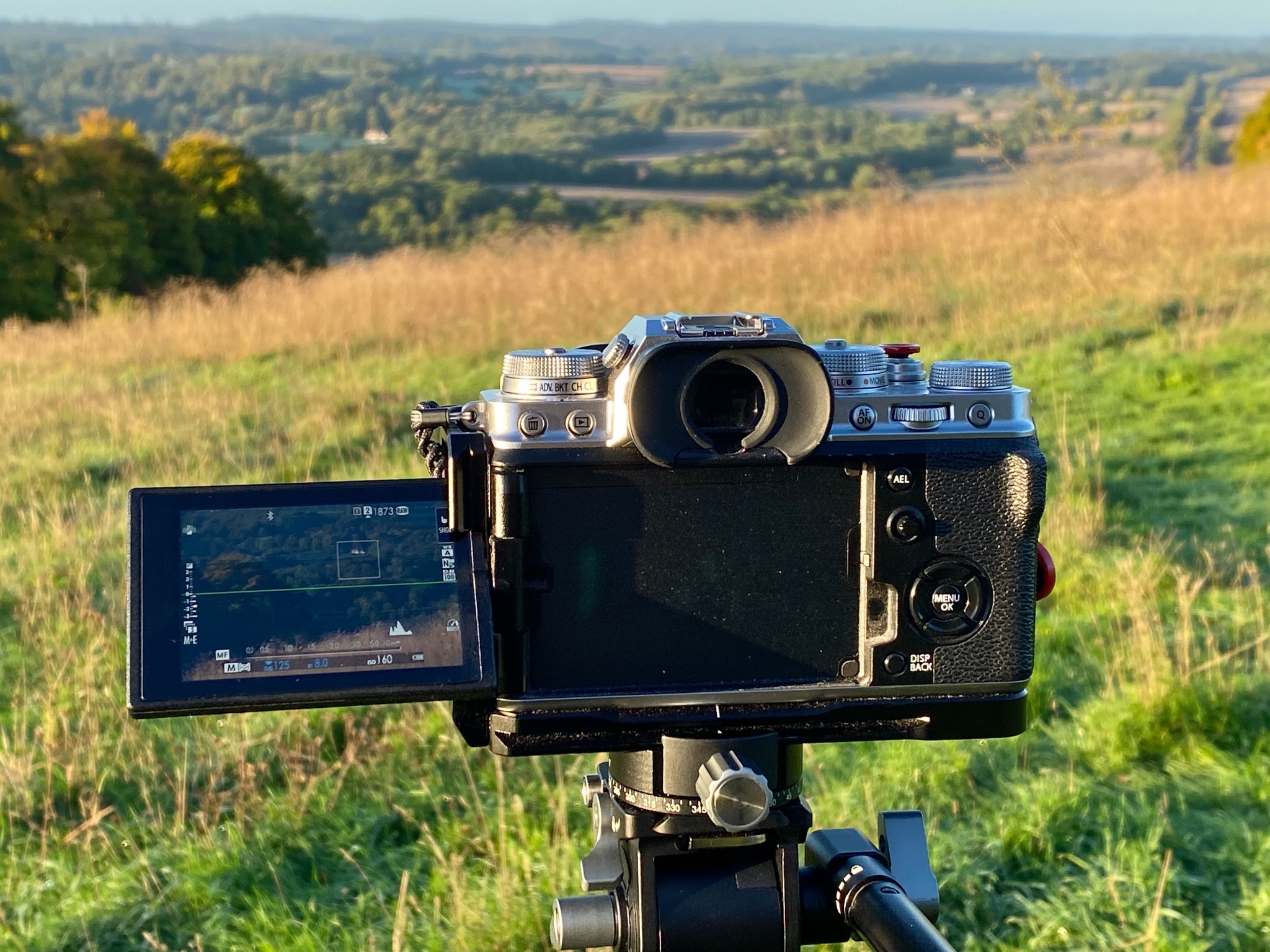
We have many options these days to offload our surplus camera gear. For the risk-averse, a bricks and mortar store on online dealer will be the safest option. For those with a little more experience selling directly online, eBay and Marketplace are good options. With the latter being aware of potential scams will mitigate the risks significantly and can lead to a higher return on your sales.
Why let older gear gather dust when you can recoup some of its value and reinvest it? There’s never been a better time to do it.

